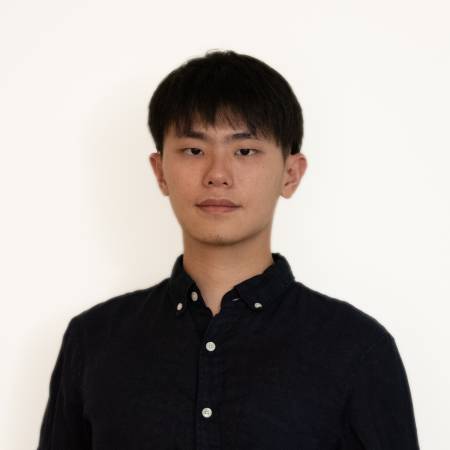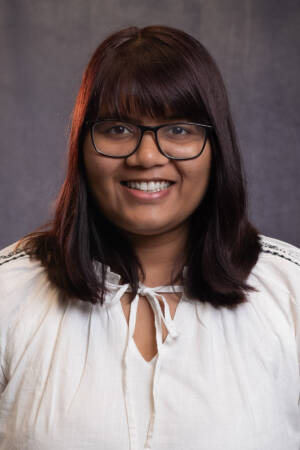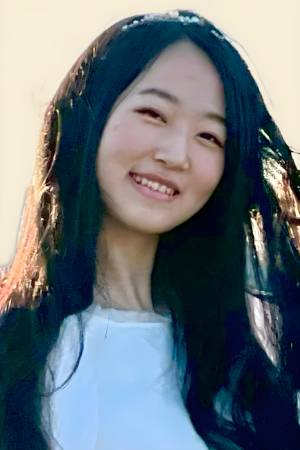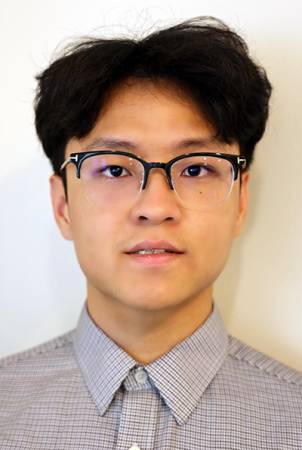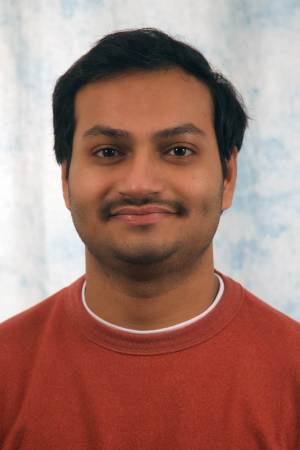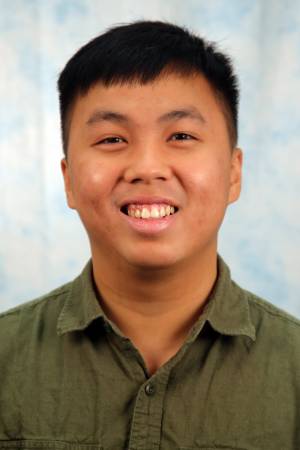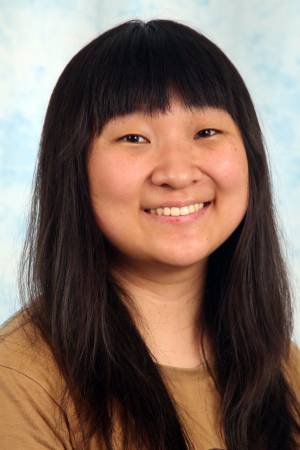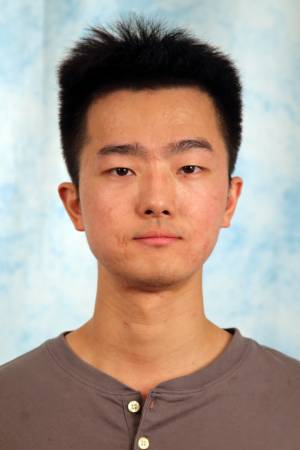MSR Thesis Defense
[MSR Thesis Talk] Kitchen Robot Case Studies: Learning Manipulation Tasks from Human Video Demonstrations
Abstract: The vision of integrating a robot into the kitchen, capable of acting as a chef, remains a sought-after goal in robotics. Current robotic systems, mostly programmed for specific tasks, fall short in versatility and adaptability to a diverse culinary environment. While significant progress has been made in robotic learning, with advancements in behavior cloning, [...]
[MSR Thesis Talk] Neural Implicit Representations for Medical Ultrasound Volumes and 3D Anatomy-specific Reconstructions
Abstract: Most Robotic Ultrasound Systems (RUSs) equipped with ultrasound-interpreting algorithms rely on building 3D reconstructions of the entire scanned region or specific anatomies. These 3D reconstructions are typically created via methods that compound or stack 2D tomographic ultrasound images using known poses of the ultrasound transducer with the latter requiring 2D or 3D segmentation. While fast, this class [...]
[MSR Thesis Talk] Enhancing RHex Robot Performance with Innovative Bioplastic Legs Responsive to Humidity
Abstract: Designing and developing robots that can effectively navigate real-world environments poses a significant challenge. To overcome this, many robotic systems draw inspiration from the adaptive behaviors of animals, which have evolved to thrive in diverse surroundings. Amphibious animals, for instance, seamlessly transition between walking and swimming, optimizing their locomotion efficiency based on environmental cues. [...]
Alignment for Vision-Language Foundation Model
Abstract: Recent advancements in vision-language foundation models, exemplified by GPT4-Vision and DALL-E 3, have significantly transformed both research and practical applications, ranging from professional assistance to content creation. However, aligning them precisely with specific user goals presents a notable challenge. This thesis introduces innovative strategies for improving this alignment. I will first introduce our novel [...]
Improving Kalman Filter-based Multi-Object Tracking in Occlusion and Non-linear Motion
Abstract: Modern methods solve multi-object tracking from two perspectives: motion modeling and appearance matching. As a classic paradigm, motion-based tracking by Kalman filters suffers from complicated motion patterns and the problem becomes more difficult when we only have noisy bounding boxes. To improve Kalman filter-based multi-object tracking in scenarios with complex motion, occlusion, and crossover, [...]
Improving Kalman Filter-based Multi-Object Tracking in Occlusion and Non-linear Motion
Abstract: Modern methods solve multi-object tracking from two perspectives: motion modeling and appearance matching. As a classic paradigm, motion-based tracking by Kalman filters suffers from complicated motion patterns and the problem becomes more difficult when we only have noisy bounding boxes. To improve Kalman filter-based multi-object tracking in scenarios with complex motion, occlusion, and crossover, [...]
[MSR Thesis Talk] SplaTAM: Splat, Track & Map 3D Gaussians for Dense RGB-D SLAM
Abstract: Dense simultaneous localization and mapping (SLAM) is crucial for numerous robotic and augmented reality applications. However, current methods are often hampered by the non-volumetric or implicit way they represent a scene. This talk introduces SplaTAM, an approach that leverages explicit volumetric representations, i.e., 3D Gaussians, to enable high-fidelity reconstruction from a single unposed RGB-D [...]
Human Perception of Robot Failure and Explanation During a Pick-and-Place Task
Abstract: In recent years, researchers have extensively used non-verbal gestures, such as head and arm movements, to express the robot's intentions and capabilities to humans. Inspired by past research, we investigated how different explanation modalities can aid human understanding and perception of how robots communicate failures and provide explanations during block pick-and-place tasks. Through an in-person [...]
Learning Distributional Models for Relative Placement
Abstract: Relative placement tasks are an important category of tasks in which one object needs to be placed in a desired pose relative to another object. Previous work has shown success in learning relative placement tasks from just a small number of demonstrations, when using relational reasoning networks with geometric inductive biases. However, such methods fail [...]
Transfer Learning via Temporal Contrastive Learning Inbox
Abstract: This thesis introduces a novel transfer learning framework for deep reinforcement learning. The approach automatically combines goal-conditioned policies with temporal contrastive learning to discover meaningful sub-goals. The approach involves pre-training a goal-conditioned agent, finetuning it on the target domain, and using contrastive learning to construct a planning graph that guides the agent via sub-goals. Experiments [...]
